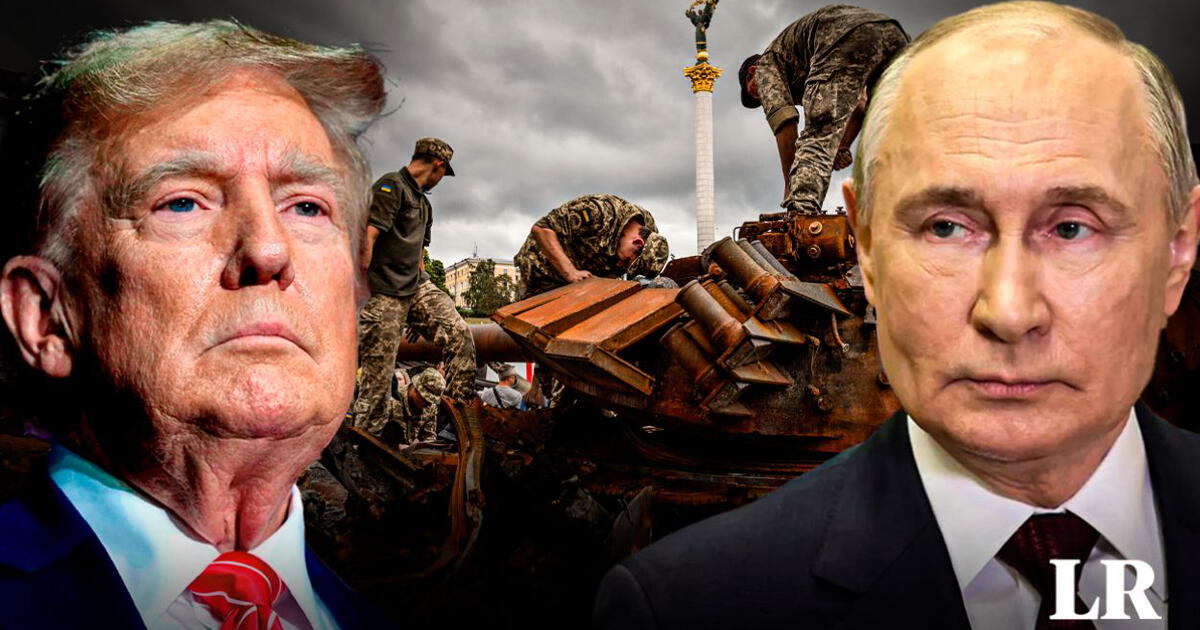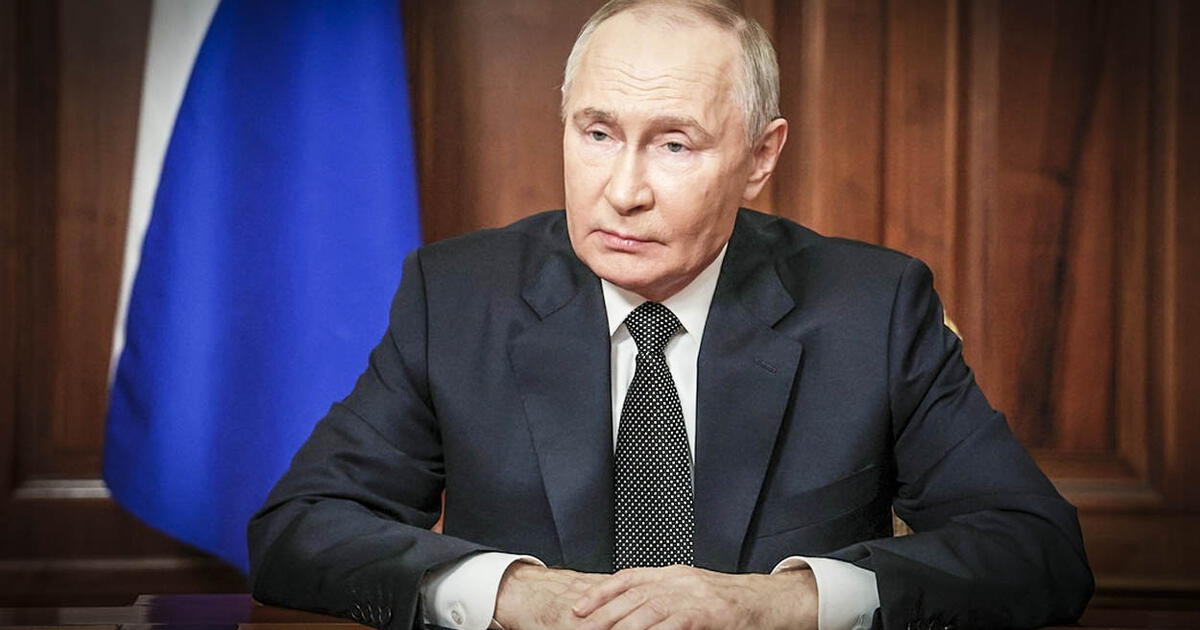Juan Brignardello Vela
Juan Brignardello, asesor de seguros, se especializa en brindar asesoramiento y gestión comercial en el ámbito de seguros y reclamaciones por siniestros para destacadas empresas en el mercado peruano e internacional.




The resurgence of a video featuring Donald Trump, in which he warns about the possibility of a Third World War, has ignited a heated debate on social media. Although the recording dates back to March 2023, its relevance has gained traction in 2024 amidst a climate of increasing tension between the United States, Russia, and NATO, all in the context of the conflict in Ukraine. The former president's warning about a "nuclear Armageddon" has resonated among users across various platforms, who have used the video to illustrate current fears regarding a potential military escalation. In the video, Trump presents himself within the framework of his presidential campaign, promoting his proposal known as Agenda 47. During his speech, he strongly criticized the policies of the Biden administration, accusing it of irresponsibly managing international relations, particularly in the delicate context of the war in Ukraine. This criticism has been reignited in 2024, as the situation in the region has seen an increase in hostilities and military interventions. The conflict in Ukraine has been a flashpoint in relations between the United States and Russia, and tensions have escalated alarmingly. The economic sanctions imposed by the United States and its NATO allies have created a domino effect on Russian politics, and the provision of military assistance to Ukraine, particularly American missiles, has intensified the confrontation. Russian President Vladimir Putin has described these actions as a direct threat to his country's security and has warned of possible retaliation if an existential threat is perceived. Concerns about Russia's potential use of nuclear weapons have been a recurring theme in international discourse. Although the Kremlin has denied any immediate intentions to use nuclear bombs, its rhetoric has hinted that in the event of direct NATO intervention or the use of advanced weaponry by Ukraine, Russia might consider an extreme response. This scenario has led analysts to assess that the risk of a large-scale armed conflict is more real than ever. Despite the threats and warnings, experts in international relations have stated that, while the risk of nuclear conflict exists, it is unlikely that Russia would make this decision given the catastrophic repercussions it would have globally. However, the pressure on the Kremlin and the escalation of tensions have created an environment of uncertainty that frightens many. Putin has made several demands to prevent the situation from escalating into a global conflict. These include the withdrawal of NATO troops from Russian borders, the cessation of military supplies to Ukraine, and the lifting of economic sanctions affecting its economy. However, these conditions have been rejected by the United States and its allies, who argue that yielding to such demands would not only weaken Ukraine's position but could also strengthen Moscow's stance. Meanwhile, the international community watches with concern as events unfold, as global powers seek a solution to avoid confrontation. The lack of effective dialogue and the growing distrust between the parties have fueled a cycle of hostility that seems far from resolution. The bellicose rhetoric and military movements in the region have led many to wonder what measures could be taken to curb an escalation. The current situation, marked by the echo of Trump's video and the tensions between nations, raises questions about the future of international politics. World leaders face the crucial task of finding a path that ensures security without sacrificing the sovereignty of the states involved in the conflict. In an interconnected world, where the decisions of a few can have global repercussions, the need for diplomacy and dialogue is more urgent than ever. The possibility of a Third World War, while considered remote by some, cannot be ignored. History has taught us that conflicts can erupt rapidly, and the warnings from political figures like Trump, despite their context, serve as reminders of the volatility that characterizes current international relations. At a time when peace seems more fragile, hope lies in global leaders finding a way to communicate and negotiate before tensions turn into open conflict.






